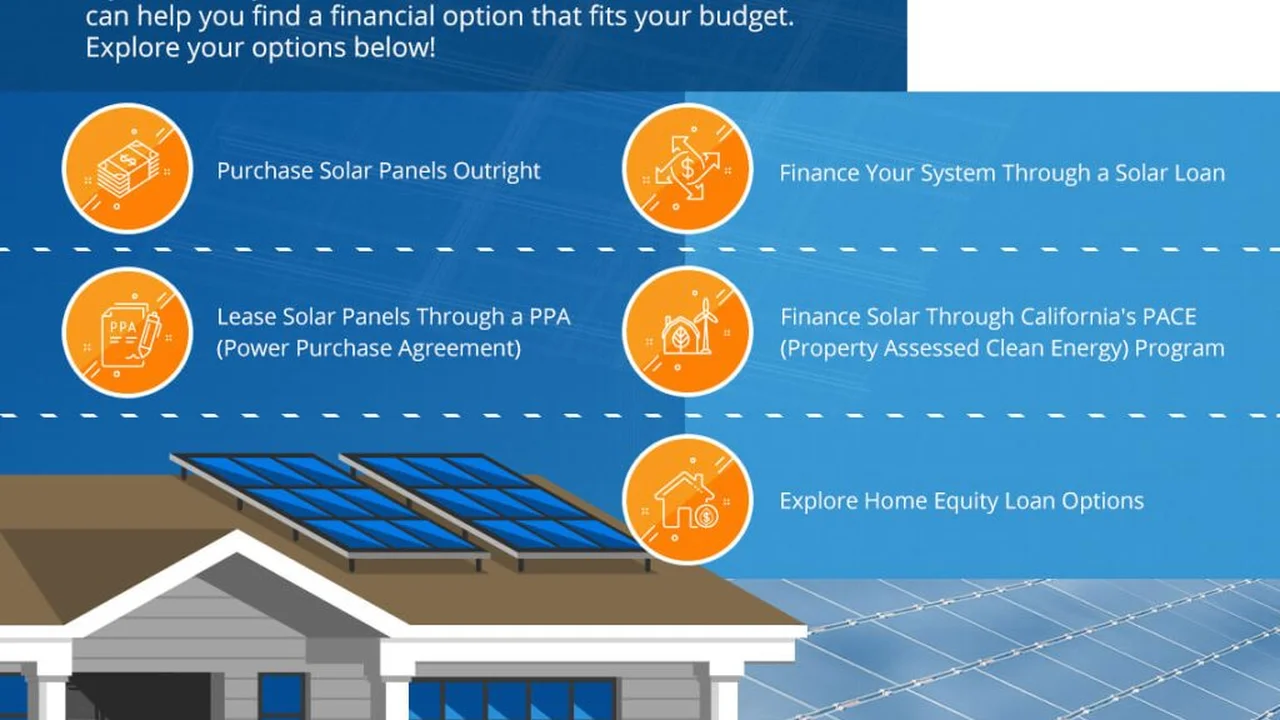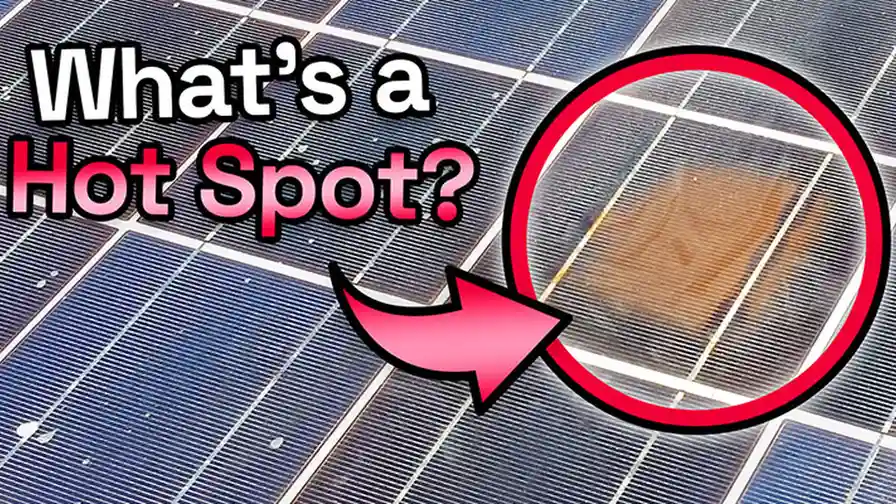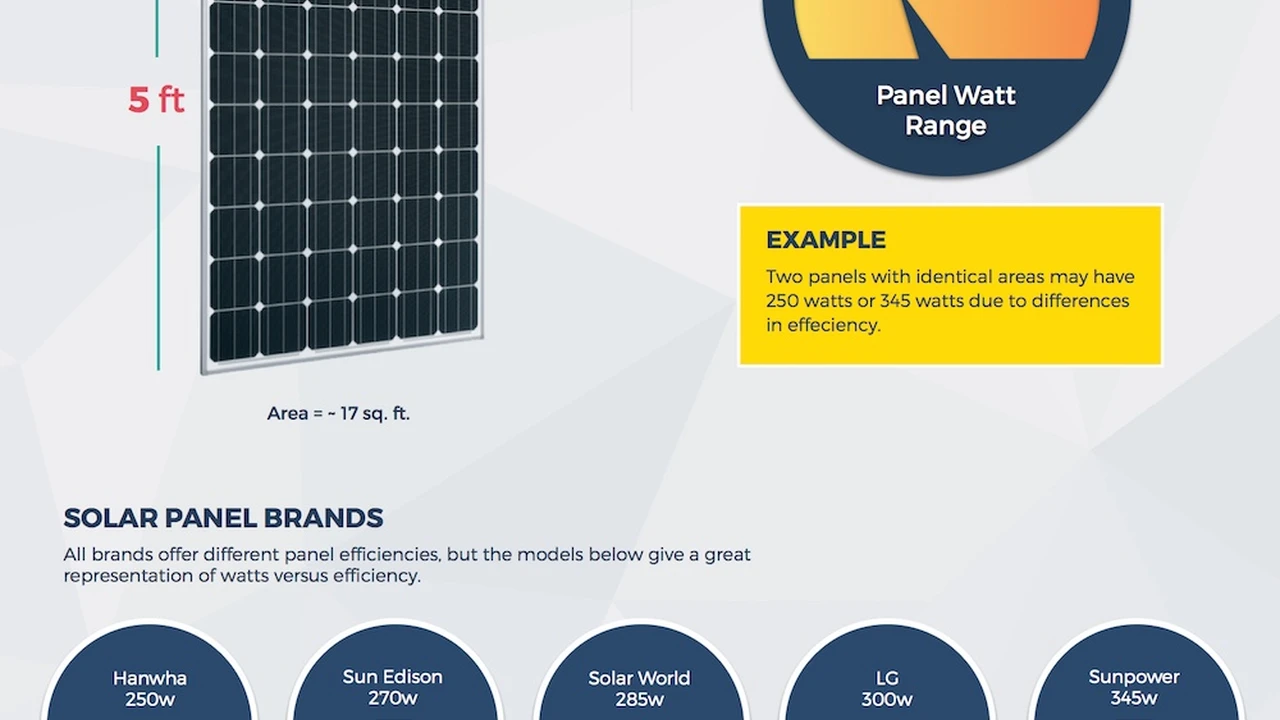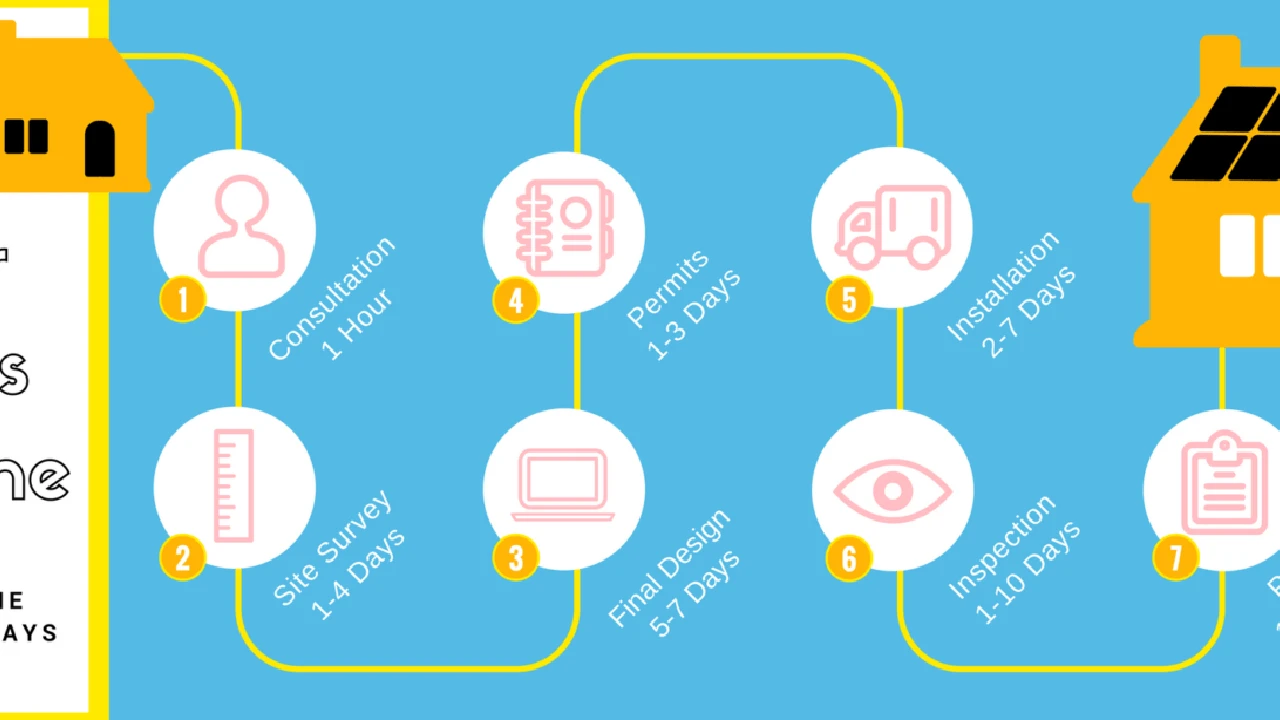Solar Panel Wiring and Electrical Connections: Safety First
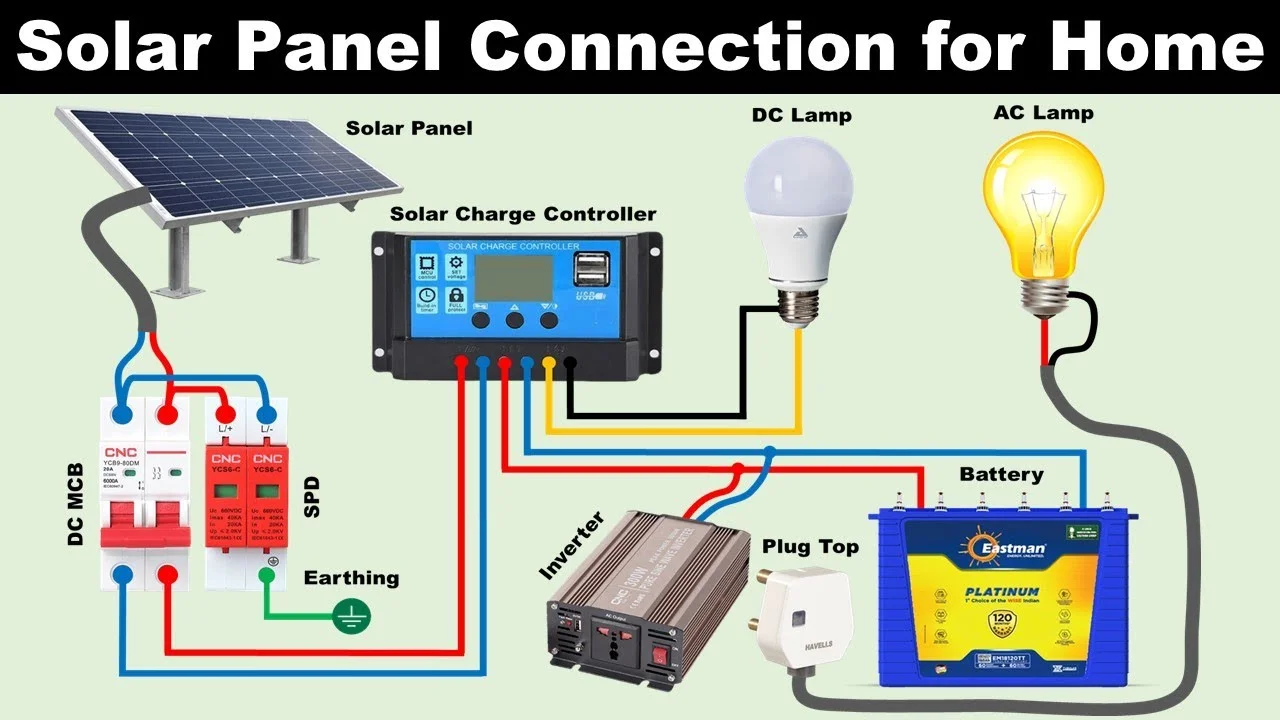
Understanding Solar Panel Wiring Basics for Safe Installation
So, you're diving into the world of solar panel installation? Awesome! But before you start bolting panels to your roof, let's talk wiring. It's the circulatory system of your solar setup, and messing it up can be, well, shocking. We're talking potential fires, damaged equipment, and a whole lot of frustration. This guide will break down the essentials, focusing on safety every step of the way. Think of it as your solar wiring 101, but with a heavy emphasis on not turning your house into a crispy critter.
Essential Tools and Equipment for Solar Panel Electrical Work
You wouldn't perform surgery with a butter knife, right? Same goes for solar wiring. Here’s a list of must-have tools to ensure a safe and professional installation:
- Multimeter: Your best friend for checking voltage, current, and continuity. Don't even think about skipping this one. Get a decent one with auto-ranging.
- Wire Strippers: For clean, precise stripping of insulation without damaging the conductors. Invest in a good quality stripper that's appropriate for the gauge of wire you'll be using.
- Crimping Tool: Essential for securely attaching MC4 connectors (more on those later). A proper crimp ensures a reliable connection.
- Wire Cutters: Heavy-duty cutters for slicing through those thick solar cables.
- Voltage Tester: A non-contact voltage tester can be a lifesaver for quickly checking if a wire is live before you touch it.
- Safety Gloves: Insulated gloves are crucial for protecting yourself from electrical shocks. Look for gloves rated for the voltage you'll be working with.
- Safety Glasses: Protect your eyes from debris and sparks.
- Torque Wrench: To ensure connections are tightened to the manufacturer's specifications. Over-tightening can damage components, and under-tightening can lead to loose connections and arcing.
Solar Panel Wire Types and Gauges Selecting the Right Cable
Not all wires are created equal. Using the wrong wire can lead to voltage drops, overheating, and, you guessed it, safety hazards. Here's the lowdown on solar wire types and gauges:
- PV Wire: Specifically designed for solar applications. It's UV-resistant, weather-resistant, and can handle the high temperatures associated with solar panels. Use this for all connections between the panels and the inverter.
- THHN/THWN Wire: Often used for indoor wiring. Not suitable for outdoor exposure unless it's run in conduit.
- Wire Gauge: The thickness of the wire, measured in AWG (American Wire Gauge). The lower the number, the thicker the wire. The appropriate gauge depends on the current and the distance the current needs to travel. Consult a wire gauge chart or an electrician to determine the correct size for your system. Over-sizing is always better than under-sizing.
Don't skimp on wire quality. Using cheap, undersized wire is a recipe for disaster.
Understanding MC4 Connectors for Solar Panel Connections
MC4 connectors are the standard for connecting solar panels. They're designed to be weatherproof and easy to use, but proper installation is key. Here's what you need to know:
- Polarity: MC4 connectors are polarized, meaning they have a male and a female connector. Make sure you connect the positive (+) wire to the male connector and the negative (-) wire to the female connector.
- Crimping: Use a dedicated MC4 crimping tool to ensure a secure and weatherproof connection. A poor crimp can lead to arcing and failure.
- Weatherproofing: Make sure the connectors are properly sealed to prevent water ingress. Use heat shrink tubing to provide an extra layer of protection.
Always double-check your connections. A loose MC4 connector is a potential fire hazard.
Grounding Solar Panels For Electrical Safety
Grounding is absolutely crucial for safety. It provides a path for fault current to flow back to the source, tripping a circuit breaker and preventing electrical shock. Here's the gist:
- Equipment Grounding Conductor (EGC): A bare copper wire that connects all the metal parts of the solar panel system (panels, racking, inverters) to the ground.
- Grounding Rod: A metal rod driven into the earth to provide a connection to ground.
- Grounding Lugs: Used to connect the grounding wire to the panels and racking.
Consult your local electrical codes for specific grounding requirements. This is one area where you definitely don't want to cut corners.
Working with Inverters and Disconnect Switches for Solar Power Systems
The inverter is the brain of your solar system, converting DC electricity from the panels to AC electricity that you can use in your home. Disconnect switches allow you to safely shut down the system for maintenance or emergencies.
- Inverter Placement: Choose a location that is cool, dry, and easily accessible. Avoid direct sunlight and extreme temperatures.
- Disconnect Switches: Install disconnect switches on both the DC and AC sides of the inverter. This allows you to isolate the inverter from the panels and the grid.
- Inverter Wiring: Follow the manufacturer's instructions carefully. Use the correct wire gauge and torque specifications.
Always disconnect the inverter before working on any of the wiring.
Safety Precautions When Working with Solar Panel Electrical Systems
Alright, let's hammer home some essential safety rules. These are non-negotiable:
- Turn off the Power: Always disconnect the system before working on any wiring. Use disconnect switches and circuit breakers to isolate the components.
- Wear Protective Gear: Use insulated gloves, safety glasses, and appropriate clothing.
- Work in Dry Conditions: Never work on electrical systems in wet conditions.
- Use Proper Tools: Use the correct tools for the job and make sure they are in good working order.
- Double-Check Your Work: Before energizing the system, double-check all your connections and make sure everything is properly grounded.
- Consult an Electrician: If you're not comfortable working with electricity, hire a qualified electrician.
Specific Product Recommendations for Solar Panel Wiring
Okay, let's get down to specifics. Here are a few products I recommend for a safe and reliable solar panel wiring setup. Remember, these are just suggestions, and you should always consult with a qualified professional to determine the best products for your specific needs.
MC4 Connectors: Amphenol H4 Connectors
Product: Amphenol H4 Connectors
Use Case: Connecting solar panels in series or parallel.
Comparison: Compared to cheaper MC4 connectors, Amphenol H4 connectors offer superior weather resistance, UV protection, and a more robust design. They're also easier to crimp and provide a more reliable connection.
Price: Approximately $5-7 per pair.
Why I Recommend Them: Peace of mind. You don't want to be climbing on your roof every year to replace corroded connectors. Amphenol H4 connectors are built to last.
Wire: Southwire 2000V PV Wire
Product: Southwire 2000V PV Wire (10 AWG or 12 AWG depending on your system requirements)
Use Case: Connecting solar panels to the inverter.
Comparison: Southwire PV wire is UL listed and specifically designed for solar applications. It's UV-resistant, weather-resistant, and can handle the high temperatures associated with solar panels. Cheaper wire may not have these features and can degrade quickly in the sun.
Price: Approximately $0.75 - $1.50 per foot, depending on gauge.
Why I Recommend It: Southwire is a reputable brand, and their PV wire is known for its quality and durability.
Crimping Tool: IWISS MC4 Crimping Tool
Product: IWISS MC4 Crimping Tool
Use Case: Crimping MC4 connectors.
Comparison: This crimping tool is specifically designed for MC4 connectors and provides a consistent and reliable crimp. Cheaper crimping tools may not provide enough pressure or may damage the connectors.
Price: Approximately $30-50.
Why I Recommend It: A proper crimp is essential for a safe and reliable connection. The IWISS tool is affordable and easy to use.
Multimeter: Fluke 117 Electrician's Multimeter
Product: Fluke 117 Electrician's Multimeter
Use Case: Measuring voltage, current, and resistance.
Comparison: Fluke multimeters are known for their accuracy, reliability, and safety features. The Fluke 117 is a great choice for solar panel installation, offering features like auto-ranging and a built-in non-contact voltage detector. Cheaper multimeters may not be as accurate or as safe.
Price: Approximately $150-200.
Why I Recommend It: A good multimeter is an essential tool for any electrical work. Fluke is a trusted brand that you can rely on.
Troubleshooting Common Solar Panel Wiring Issues
Even with the best planning, things can sometimes go wrong. Here are a few common wiring issues and how to troubleshoot them:
- Low Voltage: Check the wiring connections for loose connections or corrosion. Make sure the panels are properly wired in series or parallel. Check the voltage of each panel individually to identify any faulty panels.
- No Voltage: Check the disconnect switches and circuit breakers to make sure they are turned on. Use a multimeter to check for voltage at the inverter. If there is no voltage at the inverter, check the wiring connections from the panels.
- Arcing: Arcing is a sign of a loose connection or damaged wiring. Immediately disconnect the system and inspect the wiring for damage. Replace any damaged wiring or connectors.
- Overheating: Overheating can be caused by undersized wiring or loose connections. Check the wire gauge to make sure it is appropriate for the current. Tighten any loose connections.
If you're not comfortable troubleshooting electrical issues, consult a qualified electrician.
Final Thoughts on Solar Panel Wiring and Electrical Safety
Installing solar panels is a rewarding project, but it's crucial to prioritize safety. By following these guidelines and using the right tools and equipment, you can ensure a safe and reliable installation. Remember, when in doubt, consult a qualified electrician. Stay safe and happy solar powering!
:max_bytes(150000):strip_icc()/277019-baked-pork-chops-with-cream-of-mushroom-soup-DDMFS-beauty-4x3-BG-7505-5762b731cf30447d9cbbbbbf387beafa.jpg)



